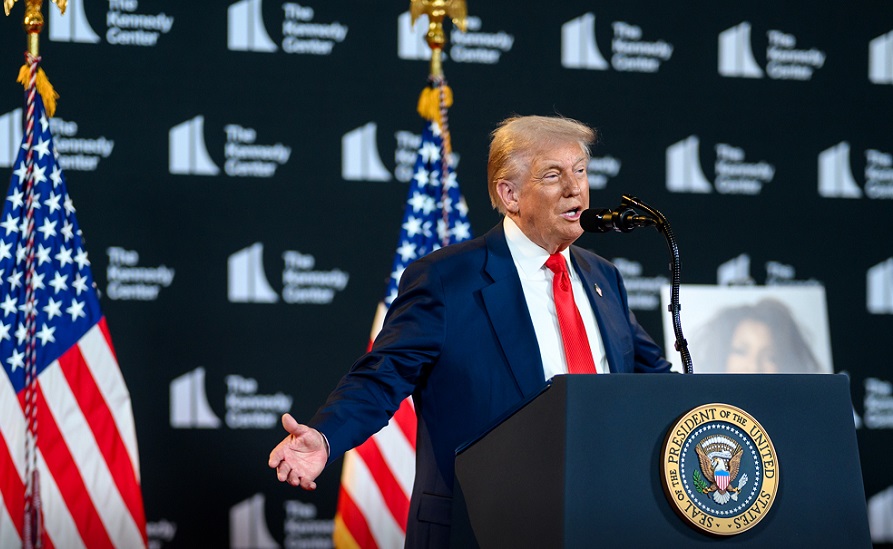
Approval Ratings Tell the Story: Trump Has Never Been Weaker
For Donald Trump, the numbers have always been the story. From the crowd sizes he boasts about to the stock market ticks he claims as personal victories, metrics are central to the image of strength he cultivates. But this month, one set of numbers cuts through all the bluster: his approval rating. According to the latest polls, Trump sits at just 39 percent approval, with nearly 60 percent of Americans disapproving of his job performance. It is his lowest point since returning to office, and the clearest indicator that his grip on power is weakening.
The decline is not an isolated dip but the product of converging crises. The government shutdown has once again placed Trump at the center of dysfunction, reinforcing public perception that he thrives on chaos but struggles with solutions. The Epstein files have resurfaced uncomfortable associations that keep his name tethered to scandal. His aggressive tariffs, long sold as “America First” economic policy, are drawing criticism not just from Democrats but from Republicans worried about alienating allies and hurting consumers. Each of these would be a problem on its own. Together, they create a narrative of a president under siege, battered on multiple fronts, and losing the confidence of voters beyond his loyal base.
Even within his own party, signs of strain are visible. House Republicans like Thomas Massie and Victoria Spartz broke ranks on the funding bill, while others quietly voice unease over the political risks of Trump’s shutdown strategy. Senate Republicans, though less confrontational, show hesitation to follow his hardline path when the electoral backlash could hit them directly. Pro-life conservatives have openly criticized his administration after the FDA approved a generic version of an abortion pill, calling into question his reliability as a champion of their cause. Trump may still command 80 percent approval among Republicans, but cracks in the MAGA armor are beginning to show.
The weakness is most obvious among independents. Trump cannot win with his base alone; he needs persuadable voters to at least tolerate him. At 39 percent approval nationally, it’s clear independents are abandoning him in large numbers. Net approval ratings — the difference between those who approve and disapprove — are in double-digit negatives, worse than at any point earlier in his second term. When numbers fall this low, presidents no longer look like leaders in control; they look like politicians on borrowed time.
History offers sobering comparisons. Jimmy Carter’s approval collapsed in 1979 under the weight of the energy crisis and foreign policy setbacks. George W. Bush faced dismal ratings in 2006 amid Iraq and Hurricane Katrina backlash. Trump now joins that list of presidents who entered their second terms only to watch their authority erode. The difference is that Carter and Bush faced single defining crises; Trump faces three at once.
The irony is sharp. Trump built his political brand on projecting strength — the strongman who bends institutions, bullies opponents, and insists on loyalty. Yet today he looks cornered, forced to react rather than lead, with approval ratings that tell a story he cannot spin away. Even his loyalists must recognize that the optics of weakness are corrosive. For a man obsessed with dominance, nothing is more politically dangerous than being seen as weak.
The numbers don’t lie. And this month, they tell us what Trump’s bluster cannot hide: Donald Trump has never been weaker.


















